Dates have been a popular fruit for centuries, with their sweet and chewy texture making them a favorite among many. However, there is a lesser-known variety known as dry dates that also offer a unique set of benefits and flavors. In this article, we will delve into the differences between dry dates and fresh dates, exploring their nutritional profiles, uses, and potential health benefits. **Appearance:** One of the most notable differences between dry dates and fresh dates is their appearance. Fresh dates are plump and moist, with a smooth skin that ranges in color from bright red to deep brown. The flesh of fresh dates is soft and juicy, making them a delightful treat to bite into.
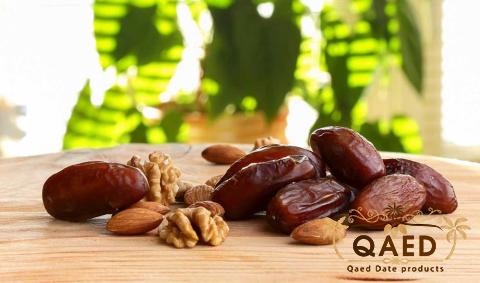
.
On the other hand, dry dates have a wrinkled appearance, with a dark, almost black color. They are less moist compared to fresh dates, and their texture is chewier. While fresh dates are often enjoyed as a snack on their own, dry dates are typically used in cooking and baking due to their concentrated sweetness. **Nutritional Profile:** Both dry dates and fresh dates are packed with essential nutrients, making them a healthy addition to your diet. Fresh dates are a good source of fiber, vitamins, and minerals, including potassium, magnesium, and vitamin B6. They are also naturally low in fat and free of cholesterol. Dry dates, on the other hand, are even more nutrient-dense than fresh dates. As the moisture content decreases during the drying process, the concentration of nutrients in dry dates increases. They are particularly high in fiber, which can aid in digestion and promote satiety. Dry dates are also rich in antioxidants, which can help protect cells from damage caused by free radicals. **Taste and Texture:** The taste and texture of fresh dates and dry dates differ significantly. Fresh dates have a soft, juicy flesh with a sweet and slightly tangy flavor. They are often described as having a caramel-like taste, with notes of honey and molasses. Fresh dates are best enjoyed on their own or as a natural sweetener in recipes. Dry dates, on the other hand, have a chewier texture and a more intense sweetness compared to fresh dates.
..
The drying process concentrates the sugars in the fruit, resulting in a richer, more caramelized flavor. Dry dates are often used in baking, where their dense texture and intense sweetness can add depth and richness to dishes. **Uses:** Fresh dates and dry dates can be used in a variety of ways in the kitchen. Fresh dates are delicious when eaten on their own as a snack or added to salads, smoothies, or oatmeal for a natural sweetener. They can also be stuffed with nuts or cheese for a savory appetizer or chopped and added to baked goods for a burst of sweetness. Dry dates are commonly used in Middle Eastern and Indian cuisine, where they are added to savory dishes like stews and curries to add sweetness and depth of flavor. They are also a popular ingredient in desserts, such as date squares, energy bars, and date cakes. Additionally, dry dates can be soaked in water to rehydrate them before using them in recipes that require a softer texture. **Potential Health Benefits:** Both fresh dates and dry dates offer a range of health benefits due to their nutrient content. Fresh dates are an excellent source of fiber, which can aid in digestion and promote feelings of fullness. They also contain antioxidants, which can help reduce inflammation and protect against chronic diseases. Dry dates, with their concentrated nutrients, offer additional health benefits. The high fiber content of dry dates can help regulate blood sugar levels and promote gut health. Dry dates are also a good source of iron, which is important for maintaining healthy blood cells and preventing anemia.
…
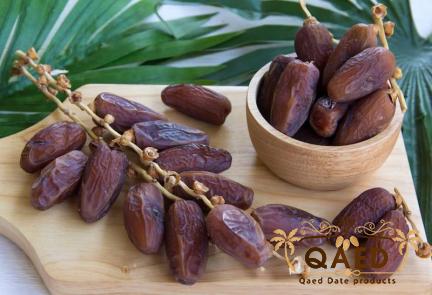 **Conclusion:** In conclusion, fresh dates and dry dates each have their own unique characteristics and benefits. Fresh dates are prized for their juicy texture and sweet flavor, making them a delightful snack or natural sweetener. Dry dates, with their chewy texture and intense sweetness, are a versatile ingredient in cooking and baking. Whether you prefer the freshness of a plump, juicy date or the depth of flavor from a chewy, sweet dry date, both varieties offer a host of nutritional benefits and culinary uses. Incorporating dates into your diet can add sweetness, fiber, and essential nutrients to your meals, making them a delicious and healthful addition to your pantry. In addition to their culinary uses and potential health benefits, both fresh dates and dry dates hold cultural significance in various societies around the world. Dates have been a staple food in Middle Eastern and North African cuisine for centuries, and they are often used in religious and traditional celebrations. In many cultures, dates are considered a symbol of hospitality and generosity, and they are commonly offered to guests as a sign of welcome. The cultivation of dates is an ancient practice, with date palms known as “trees of life” due to their ability to thrive in arid climates and provide sustenance to communities. The date palm is considered a sacred plant in some cultures, symbolizing resilience, fertility, and abundance. The date fruit itself is a symbol of prosperity and blessings, often associated with good fortune and well-being. Beyond their cultural significance, dates have also been valued for their medicinal properties in traditional medicine systems. In Ayurveda, dates are believed to have cooling properties that can help balance the body’s energies and promote digestion. Dates have been used to treat various ailments, including constipation, anemia, and fatigue, due to their nutrient-rich composition. When it comes to choosing between fresh dates and dry dates, personal preference plays a significant role. Fresh dates are ideal for those who enjoy a juicy, soft texture and a milder sweetness, while dry dates are more suited for those who prefer a chewier texture and a richer, caramelized flavor. Both varieties can be enjoyed as a snack, added to recipes, or used as a natural sweetener in a variety of dishes. In conclusion, whether you opt for the succulent freshness of a fresh date or the intense sweetness of a dry date, incorporating dates into your diet can offer a myriad of benefits. From their nutrient-rich profile to their culinary versatility, dates are a tasty and healthful addition to any kitchen. So, whether you’re snacking on them straight from the box, incorporating them into your favorite recipes, or exploring new ways to enjoy them, dates are a delightful fruit that can be enjoyed in a multitude of ways.
**Conclusion:** In conclusion, fresh dates and dry dates each have their own unique characteristics and benefits. Fresh dates are prized for their juicy texture and sweet flavor, making them a delightful snack or natural sweetener. Dry dates, with their chewy texture and intense sweetness, are a versatile ingredient in cooking and baking. Whether you prefer the freshness of a plump, juicy date or the depth of flavor from a chewy, sweet dry date, both varieties offer a host of nutritional benefits and culinary uses. Incorporating dates into your diet can add sweetness, fiber, and essential nutrients to your meals, making them a delicious and healthful addition to your pantry. In addition to their culinary uses and potential health benefits, both fresh dates and dry dates hold cultural significance in various societies around the world. Dates have been a staple food in Middle Eastern and North African cuisine for centuries, and they are often used in religious and traditional celebrations. In many cultures, dates are considered a symbol of hospitality and generosity, and they are commonly offered to guests as a sign of welcome. The cultivation of dates is an ancient practice, with date palms known as “trees of life” due to their ability to thrive in arid climates and provide sustenance to communities. The date palm is considered a sacred plant in some cultures, symbolizing resilience, fertility, and abundance. The date fruit itself is a symbol of prosperity and blessings, often associated with good fortune and well-being. Beyond their cultural significance, dates have also been valued for their medicinal properties in traditional medicine systems. In Ayurveda, dates are believed to have cooling properties that can help balance the body’s energies and promote digestion. Dates have been used to treat various ailments, including constipation, anemia, and fatigue, due to their nutrient-rich composition. When it comes to choosing between fresh dates and dry dates, personal preference plays a significant role. Fresh dates are ideal for those who enjoy a juicy, soft texture and a milder sweetness, while dry dates are more suited for those who prefer a chewier texture and a richer, caramelized flavor. Both varieties can be enjoyed as a snack, added to recipes, or used as a natural sweetener in a variety of dishes. In conclusion, whether you opt for the succulent freshness of a fresh date or the intense sweetness of a dry date, incorporating dates into your diet can offer a myriad of benefits. From their nutrient-rich profile to their culinary versatility, dates are a tasty and healthful addition to any kitchen. So, whether you’re snacking on them straight from the box, incorporating them into your favorite recipes, or exploring new ways to enjoy them, dates are a delightful fruit that can be enjoyed in a multitude of ways.

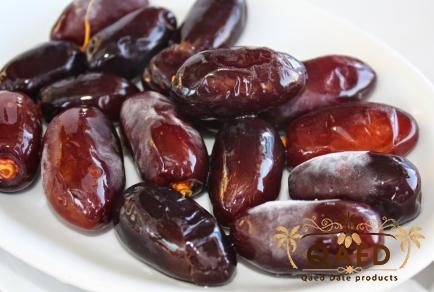
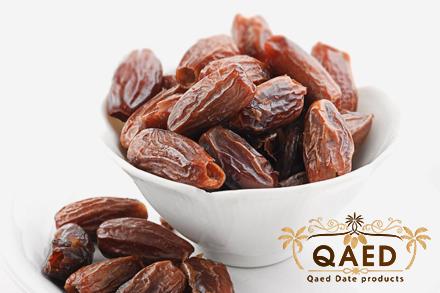
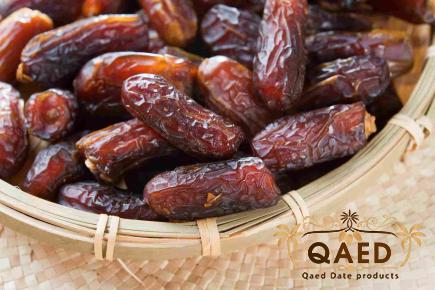
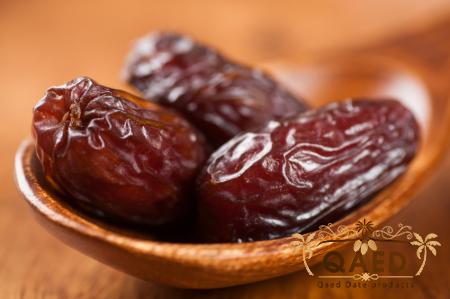
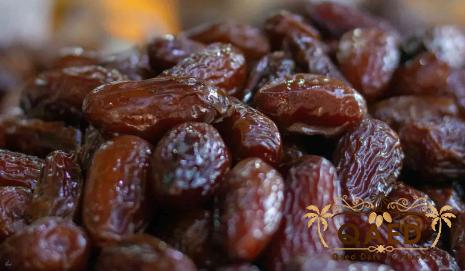
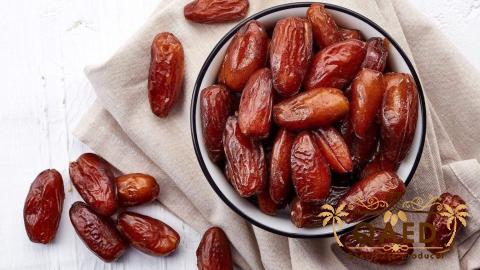
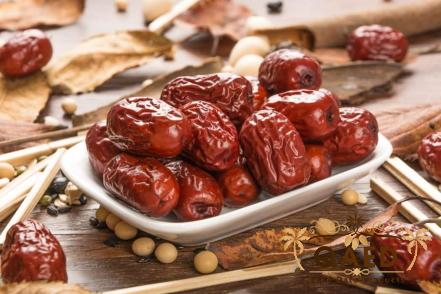
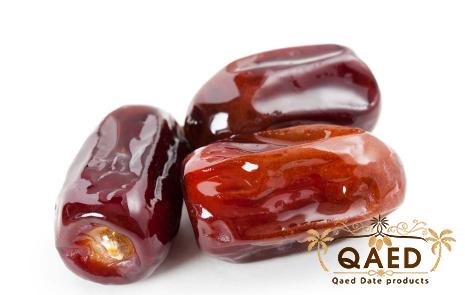
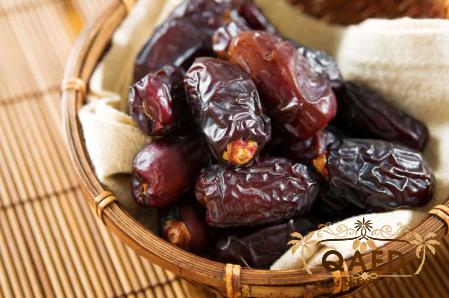
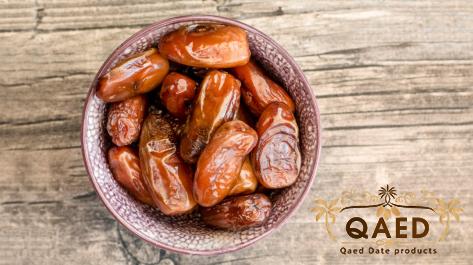
Your comment submitted.